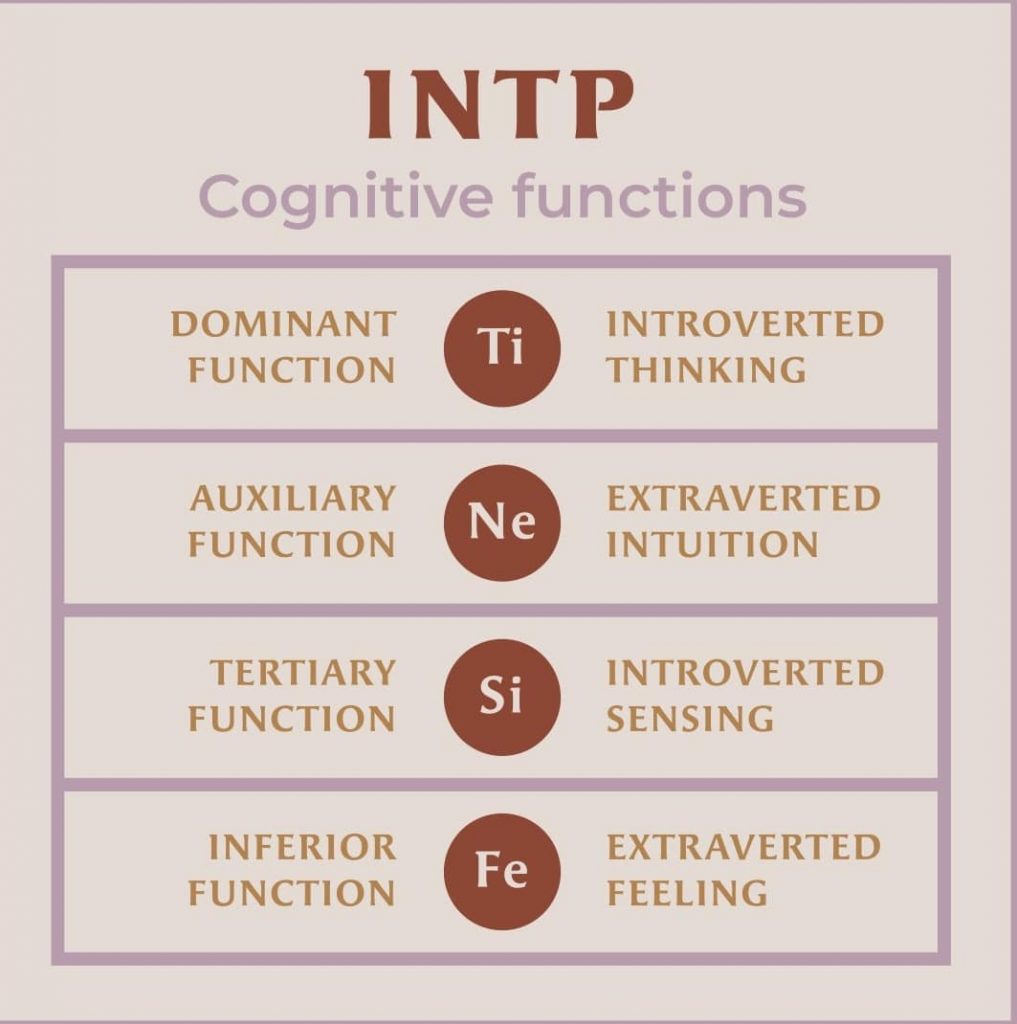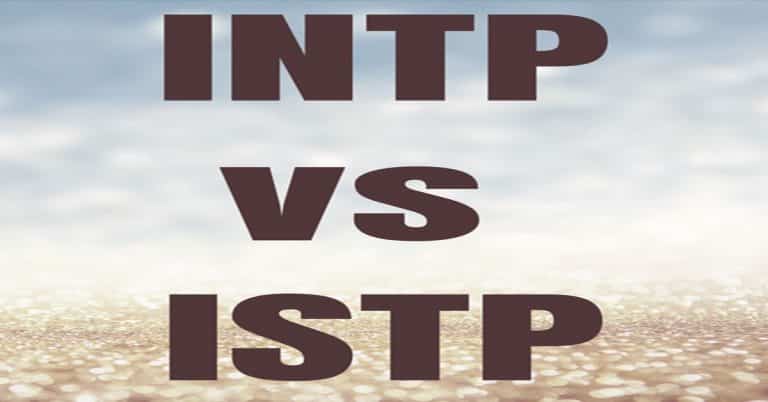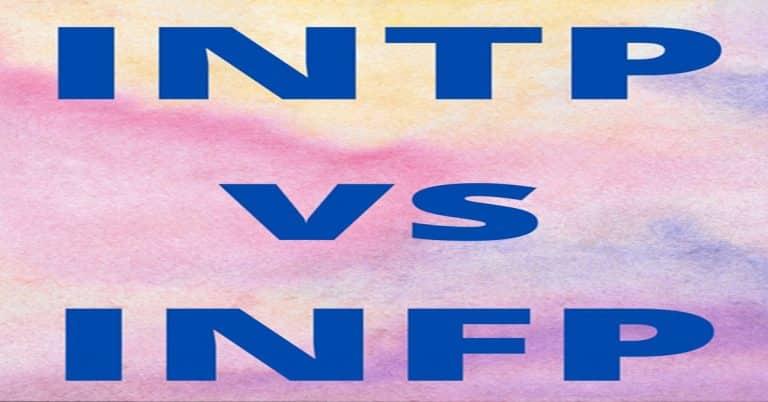INTP – The Logician
INTP Meaning:
Other names for INTPs include the Logician, the Rational Philosopher, the Inventive Logician, or the Archetype. INTPs are one of the rarest personality types, making up only 3 percent of the population, with men reporting in at 5 percent and women at a very low 2 percent. The INTP personality type consists of Introvert, in that they energize themselves by looking inwardly and through intense introspection, Intuitive, in that they tend to think in terms of possibilities and concepts, Thinking, focused on objective logic and analysis, as well as Perceiving, in that they are not rigid or necessarily organized in any given approach, and prefer to work with new information as it presents itself.
INTPs are constantly pursuing explanations and meaning in the world around them. They are intrinsically inquisitive and approach life with a rabid curiosity and thirst. Given their tendency for Introversion, they tend to be independent and prefer to have smaller social circles with like-minded individuals who display a similar wonderment and fascination with the deeper meaning and mysteries of life.
INTPs tend to have a flexible and active mind, with a particular propensity for ingenuity, creativity, and invention. They particularly enjoy raking through complex concepts and mysteries in their mind, searching for deeper meanings and solutions. As such, INTPs can also be perceived as being impractical, too concerned or caught up in the realm of theory and the abstract. While this is indeed a potential concern for the INTP, they can also develop and implement new and novel ideas, processes, and theories that can be profoundly practical as well.
Given their preference for Perceiving, INTPs do not particularly enjoy rigid constraints in both their personal and professional lives. Instead, they prefer the freedom to pursue new ideas and directions on a whim and are often spontaneous in their approach. As such, INTPs can be considered or perceived as somewhat disorganized, jumbled, and chaotic. Other personality types have the potential to both struggle to understand, as well as be deeply fascinated by the INTP’s capacity and propensity to jump between topics seamlessly, seemingly at random. While novel and fascinating initially, this can quickly become frustrating and unpalatable by some of the more Judging personality types, who would much rather prefer a more structured and logical course of conversation.
This can also become a point of contention for the INTP as well, as they may find it frustrating or discouraging that others cannot follow their thought process and logic. As such, the INTP must be mindful of their audience and must sometimes adopt a more metered and structured approach in communicating with those who are less inclined to fractured conversation.

INTPs and Career:
INTPs are at their best when they are in a position of creativity in which they can apply their unique thinking and ingenuity to produce original solutions, ideas, and works. They are chiefly motivated by challenging common thought and perception and exploring the undiscovered and uncharted. They are not particularly interested in the conventional or the traditional, especially within the context of the workplace. INTPs do not particularly thrive in positions where they cannot express themselves freely and unconstrained. Rather, INTPs thrive in dynamic workplaces that encourage and value independent and innovative thought.
INTPs as Direct Reports:
As direct reports, INTPs tend to prefer independent work. Although they are indeed capable of working and collaborating with teams if that is the direction or what is required, they would much rather keep to themselves. Independently, they have complete autonomy with their thought-process and ideas. If on a team, INTPs value and appreciate those that can keep up with their intellectual agility and constant cycling of ideas and concepts. Inversely, INTPs do not have patience those that cannot keep up, as well as those that do not appreciate their sporadic train of thought and style.
INTPs will follow and carry out instructions as needed. However, they have a particular disdain for being micromanaged and accounting for their productivity. Given their Intuitive and Perceiving traits, INTPs highly value following inspiration whenever it presents itself. As such, they may be following multiple ideas at any given time and may switch focus from one project to another rapidly. It is therefore difficult for the INTP to account for this style and mode of working, and, as such, would much rather prefer a workplace and environment that is conducive to their specific approach.
INTPs can often appear scattered and disorganized to their leaders and colleagues. Although the INTP has a close pulse on what they consider to be ‘mastered chaos,’ others will perceive it simply as a lack of organization, especially those personality types that tend towards a Judging preference.
INTPs as Leaders of Others:
INTPs are primarily thinkers and visionaries. As such, they have the potential to be highly effective, progressive, and forward-thinking leaders, but only within the context of a conducive team environment.
INTPs have little to no interest in micromanaging their teams. Instead, they would much rather provide the vision and direction that the team must go, and not be bogged down by the unpalatable details of execution. Therefore, an INTP is best suited as a leader in charge of a team of those that can completely understand and translate their ideas and visions into the realm of the practical and achievable.
If the INTP finds themselves in this context, the innovation and ingenuity can be truly groundbreaking.
However, if the INTP is leading a team of similar personality types as themselves, they run the risk to be ineffective and unproductive. The INTP will tend to manage with the same style that they think. Namely, unbound and with little to no structure. This can be a particular point of contention for the more Judging members of the team, who prefer and require a certain degree of structure and order in their workplace. INTPs are not looking to, nor do they particularly enjoy, managing others. As such, INTPs have the potential and capacity to make innovative and inspiring leaders, but not necessarily remarkably effective managers.
INTP Professions:
As such, INTP personality types are well suited for professions and careers that allow for independent thought and autonomy, and their thought process applies particularly well to technology fields, such as Computer Engineering, Computer Programming, Software developer, and Computer Sciences. Given these same tendencies, INTPs also gravitate towards Engineering professions such as Architecture, Chemical or Bio-Engineering, and Mechanical Engineering. INTPs’ analytical and innovative thought processes also apply particularly well to business, law, and the sciences as well.
Interestingly, INTPs can also make for unique and successful artists, such as a Musician, a Director, a Producer, a Graphic Designer, an Actor, a Photographer, and an Author.
This, however, is not to say that the INTP will be instantly successful at any one of these given professions. Instead, it is to say that given their natural tendencies, these careers are more compatible with their values and approach, therefore, offer more opportunities for them to excel.
Just as there are those professions that lend particularly well to the INTP’s personality type, there are also those professions and careers that are not necessarily compatible or conducive as well. These include roles that are rigid or those that the INTP would find intellectually or creatively stifling, such as Dentistry, Sales, Education, Banking, and law enforcement.
Again, it is essential to note that this does not necessarily imply that INTPs will not be successful in these career paths, but, rather, that they may find them more challenging or disagreeable on a fundamental level.
INTPs and Interpersonal Relationships:
INTPs work best with other innovative and intellectually vivacious personality types. They can indeed be polarizing in their interpersonal relationships, as they can be perceived as scattered, disorganized, and generally sporadic to the more orderly personality types. While this may even come as a refreshing and welcome change of pace for some of those same Judging personality types, the INTP should still be careful in approaching different audiences.
The INTP is relatively adaptable within their interpersonal relationships and generally gravitates towards those that are intellectually stimulating. And, while they are fiercely independent in thought and introspective by nature, they crave and enjoy intelligent and thoughtful discourse. INTPs tend to have small social circles consisting of personalities that the INTP finds captivating, engaging, and thought-provoking.
INTPs in Friendships:
INTPs tend to be most compatible with personality types that are as curious and inquisitive as themselves. The INFP, therefore, is most aligned with other Intuitive personality types and particularly those that are a combination of both Intuitive as well as Introverted, such as the INTJ (Introvert, Intuitive, Thinking and Judging), the INFP (Introvert, Intuitive, Feeling and Perceiving), the ENTP (Extravert, Intuitive, Thinking and Perceiving), as well as, of course, other INTPs.
Similar to the compatibility between personality types and professions, so is the case with personality types and relationships. This is not to say that these personality types will necessarily mesh well. However, they are much more compatible on a fundamental level than others.
As such, there are also personality type combinations that are more incompatible and prone to clashing as well. These chiefly include those that display a preference for Sensing over Intuition, and consist of the ISFJ (Introvert, Sensing, Feeling and Judging), the ESTJ (Extravert, Sensing, Thinking and Judging), the ESFP (Extravert, Sensing, Feeling and Perceiving), as well as the ESFJ (Extravert, Sensing, Feeling and Judging). Again, this is not to say that these personality types cannot succeed and make for successful relationships. However, they may be more challenging given a difference in core beliefs and values.

INTPs in Romantic Relationships:
INTPs tend to be captivating and enigmatic partners in a romantic relationship. They seek and prefer a partner who will challenge and stimulate them on an intellectual level above all else. This keeps the relationship fresh and engaging for the INTP. This constant novelty also keeps the INTP inspired, which is when INTPs are at their best.
INTPs, however, can tend towards conflict aversion, especially when it involves their emotions. An INTP may shy away from being upfront if something is upsetting or bothers them in the relationship. Similarly, INTPs may not always be emotionally receptive and may not pick up on subtle (and sometimes not so subtle) cues provided by the more Feeling personality types.
INTPs and Families:
As parents, INTPs have the potential to be inspiring and nurturing. INTPs enjoy creating and engaging in intellectual connections with their children. However, given their tendencies, they also run the risk of being emotionally unavailable or detached, even though this often not the case. As such, the INTP should pay attention to, and be mindful of how they are being perceived on an emotional level.
Conclusion:
It is therefore unsurprising as to how or why the INTP has earned the nicknames of the Rational Philosopher, Inventive Logician, and the Archetype. They enjoy applying their unique and innovative way of thinking in the world around them and unraveling mysteries both on a professional level as well as a personal one.
They are independent in thought and prefer to have little to no structure to hold them back from fully expressing themselves creatively. The same is also true for their relationships. They place an extremely high value on mental and intellectual stimulation and enjoy others who can keep up with their chaotic train of thought and ideas.
However, the INTP does run the potential to be emotionally unavailable or closed off and should make a constant effort to be more communicative in their thoughts and emotions, as not to misrepresent their true feelings to the more Feeling personality types in their lives.
You can find information on famous people with INTP personality types such as celebrity actors, sportsmen, characters and other historical characters with this personality type.







